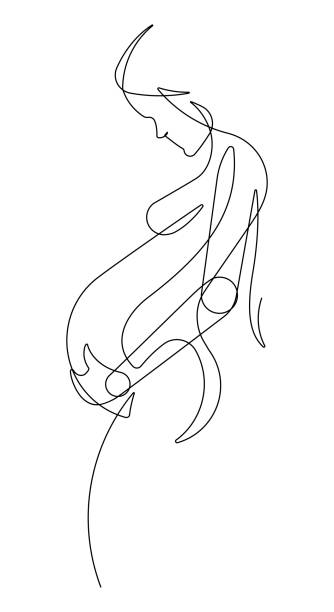Dune: Part One, a successful re-adaptation of the science-fiction series Dune, was among the top-grossing films in 2021. At the end of its theatrical run, the movie had produced $406 million, something especially impressive considering its simultaneous release on HBO Max which more than likely diminished the movie’s box office numbers. From the start, the movie had its work cut out for it. With names like Timothee Chalamet, Zendaya, and Rebecca Ferguson paired with director Denis Villeneuve, Dune: Part One was destined to succeed.
Fast forward to now, as March 1st, 2024 approached, most critics had one question in mind: Would Dune: Part Two live up to the standards set by Dune: Part One, or would it (like many sequels) leave the audience wanting more?
Dune: Part Two is the second installment of a two-part adaptation of Frank Herbert’s 1965 Dune. Both the film and novel tell the story of Paul Atreides, whose family (the House Atreides) oversees the planet Arrakis. The planet is an inhospitable desert with death at every corner and seemingly nothing of value despite one thing: “spice”. Spice (a psychotropic substance) heightens mental ability, possesses an anti-aging effect, and is the key to space travel. This resource is found only in Arrakis, and both films (principally the first) center around the bitter conflict due to the limited supply of spice, the most invaluable substance within the Dune universe.
Walking into theaters, I had high hopes for Dune: Part Two. After watching Part One a few weeks prior, I had prepared myself for an action-filled, suspenseful, and beautifully sequel. Despite the complexity of the Dune storyline, I also fell in love with other aspects of the film, particularly all the religious themes present within the film, drawn largely from Christianity. The religious references within Dune: Part Two are apparent from the get-go. The most palpable being, of course, the plot. The narrative point focuses on the messianic rise of Paul Atreides, who was the Heir of the House of Atreides (an aspect which contains Davidic overtones). Paul lives among the Fremen people on the previously mentioned Arrakis. This planet acts as a sort of “holy ground” and is commonly under attack and wavering between regime rule. The imperial-occupied holy land, paired with a messianic figure, makes one think of no other than Jesus of Nazareth.
At first, Paul portrays many characteristics of Jesus: Humble and comforting to the marginalized, something that varies from the gladiatorial and barbaric men of House Harkonnen, who symbolize Rome, pagan, and distant from Christ. We also see an image that closely resembles Jesus’ testing in the wilderness (Matt. 4:1-11) when Paul goes through the desert wilderness of Arrakis, preparing himself for his trials ahead. The film also depicts a moment of death and resurrection when Paul drinks the “Water of Life,” only to be brought back to life by the combination of the “holy water” and tears. Life to death alludes to Genesis 3, which contains the tree of knowledge of good and evil. After partaking in the water, Paul becomes hyper-aware, seeing himself in the center of the struggle within the Dune series. This, however, is where the similarities between Paul Atreides and Jesus end.
Paul increasingly becomes driven by worldly desires and tempted by the thought of a world-conquering mission. He also takes to a lover (Chani), whom he treats progressively worse throughout the sequel. However, most of Paul’s stark contrast comes from his militant ambitions. The Freman people wanted a conquering messiah, a role he fit perfectly into. Similarly to Christ, many disciples and followers also pleaded for a “militant messiah.” However, God’s “kingdom is not of this world” (John 18:36), and Jesus, being a nonviolent serving king, did not feed into it as Paul did.
We also see an example of religious skepticism, an idea continuously played upon within the movie. Chani often voices her questions and doubts the idea of Paul as a savior, a notion she strongly disapproves of. Not only does she resent Paul’s reluctant adherence to the “messiah plot,” but she also acts as a relatable character to many in the audience, especially within our increasingly secular world, who often disapprove of institutional religion.
My love for Dune comes from its interestingly conflicting posture on religion. Despite the seemingly Marxist critique of religion, suggesting it as a construct of social control, Dune displays the beauty and “beyond human” power of a messianic figure. This is a nod to the attraction we humans have to faith but also a rejection and acknowledgment of its common use to abuse and obtain power, something one author coined as “the push and pull of post-Christian culture.”
While I may not inherently agree with some suggestions made by Dune: Part Two, the comparison and contrast to Christian beginnings and teachings make the movie very notable. Shot wonderfully, scripted beautifully, and littered with references, Dune: Part Two is a must-watch.












